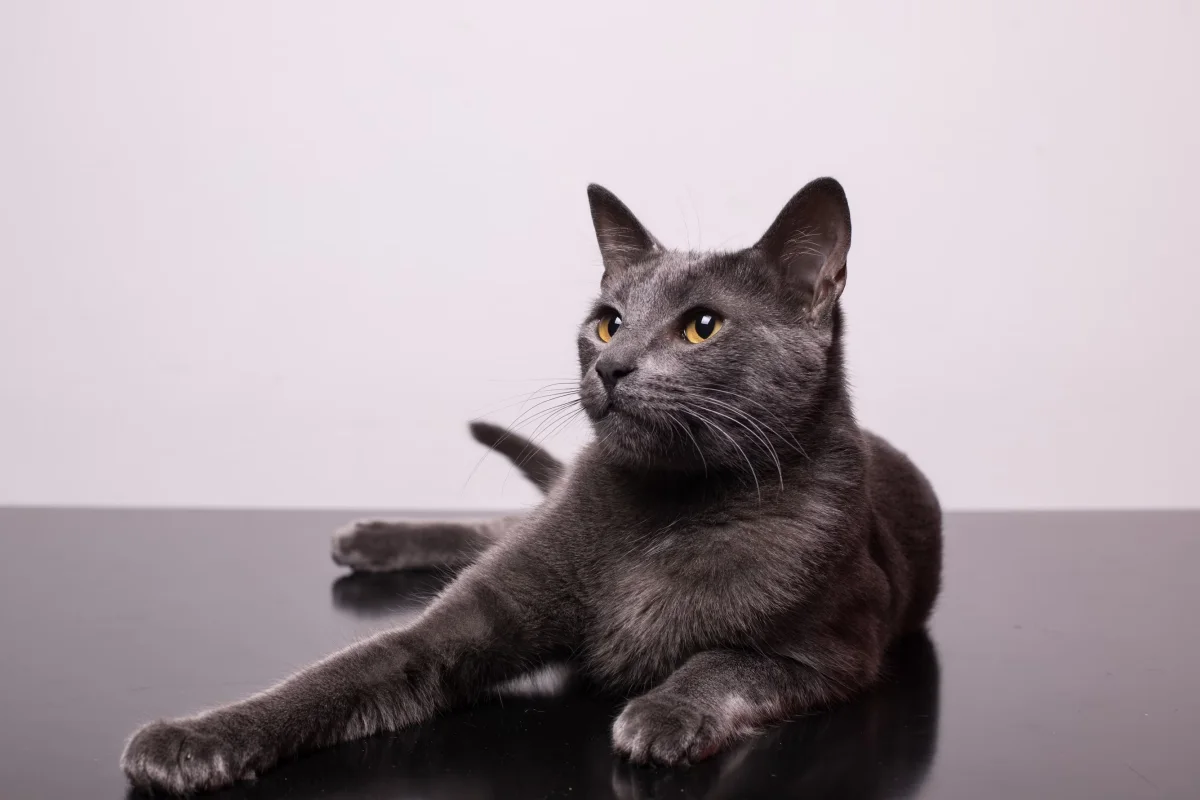What is My Cat’s Blood Type?
Introduction: The Critical Role of Blood Typing in Cats
Understanding your cat’s blood type is not just a concern for breeders or veterinarians—it’s a vital part of ensuring your cat’s safety and health, especially during emergencies.
Due to their unique immune systems, cats cannot safely receive just any blood type, making blood compatibility essential in clinical practice and preventive care.
The Unique Blood Type System in Cats
Feline blood types are classified into three groups under the AB system: Type A, Type B, and Type AB.
Most cats have Type A, but some breeds exhibit higher frequencies of Type B or even Type AB.
Cats are different from humans and dogs because they are born with natural antibodies against incompatible blood types, which means a mismatched transfusion—even the first one—can be fatal.
How to Detect Your Cat’s Blood Type: A Veterinary Perspective
One of the most practical and widely used tools for feline blood typing is the SaberVet Feline Blood Typing Rapid Test, manufactured by Antigenne.
This diagnostic tool is specifically designed for in-clinic use and provides reliable blood typing results in under 10 minutes.
Here’s how the process typically works:
1. A small amount of the cat’s whole blood is collected by a veterinarian, usually from a leg vein or the jugular.
2. The blood is mixed with reagents on the SaberVet test card, which is pre-coated with monoclonal antibodies against feline blood antigens.
3. Within 5 to 10 minutes, the test card reveals results through visible agglutination (clumping) patterns that clearly indicate whether the cat is Type A, Type B, or Type AB.
4. The results are interpreted by comparing the agglutination against the control spot on the card, ensuring high accuracy and low subjectivity.
What makes the SaberVet test exceptional is that it doesn’t require complex lab equipment or refrigeration, making it ideal not only for animal hospitals but also for mobile vet practices and shelters.
It is especially valuable in urgent scenarios, such as when a cat requires a rapid transfusion following trauma or surgery. In such cases, waiting for lab-based testing may endanger the animal’s life.
Veterinarians also use this test prior to spaying or neutering high-risk breeds and before any planned breeding in pedigree cats to avoid the deadly consequences of neonatal isoerythrolysis.
Overall, the SaberVet test is a gold standard for rapid, reliable, and field-friendly feline blood typing.
Why Knowing Your Cat’s Blood Type Is a Lifesaving Decision
Accurate blood typing becomes critical during emergencies involving blood loss, anemia, or surgery.
If a cat with Type B blood receives Type A blood, their immune system will launch a destructive reaction that can result in hemolytic shock and death within hours.
Cats with Type AB are considered universal recipients and can accept Type A or B, but they cannot donate to cats of other types.
Keeping your cat’s blood type on file with your vet clinic may save valuable time in a crisis.
Prevalence by Breed and Geography
In North America, approximately 94% of domestic short-haired cats are Type A, while only 5% carry Type B.
However, in Europe and Australia, the prevalence of Type B can be significantly higher, especially in breeds like the British Shorthair, Scottish Fold, Devon Rex, and Cornish Rex.
These regional and genetic differences highlight the importance of individual testing rather than assumptions based on breed alone.
Conclusion: Take the Guesswork Out—Test Today
Knowing your cat’s blood type is a simple yet profoundly important step in responsible cat ownership.
Whether you’re preparing for surgery, enrolling in a feline blood donor program, or breeding high-risk cats, a rapid test like SaberVet FBT rapid test can deliver peace of mind and prevent irreversible complications.
Speak with your veterinarian about conducting a blood type test for your cat—it’s fast, affordable, and may one day be the decision that saves your pet’s life.




